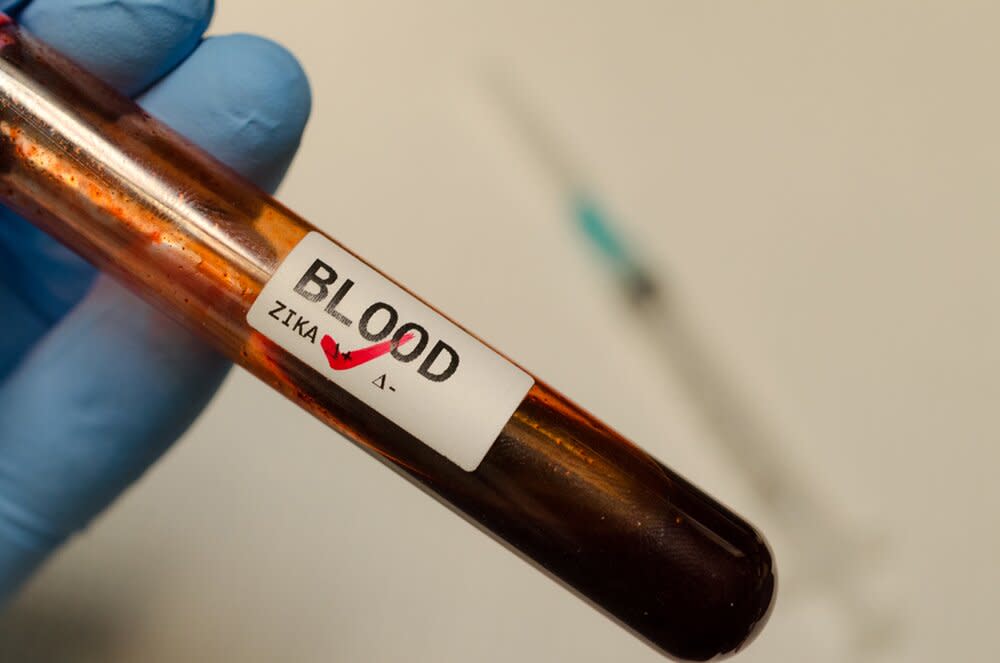The Latest on Zika: The Good, the Bad, and the Future

Manjurul/Getty Images
With the many concerns surrounding babies born to Zika-infected mothers, it's encouraging to learn that, according to Mexico's health ministry, a woman with the virus has given birth to a healthy baby boy.
Doctors at the hospital where the woman delivered him "confirmed that [the infant] is clinically healthy," according to Newsmax Health. It is not known at what point in her pregnancy the mom was infected with the mosquito-borne illness, which has been linked to the birth defect microcephaly.
Two other pregnant women with Zika in Mexico also are showing encouraging signs as well. They are both beyond their 28th week and, so far, tests show no sign their fetuses have microcephaly.
Even if a baby born to a woman with Zika is anatomically normal, there is growing concern the virus, which is thought to affect a baby's growing brain, might adversely impact a child's mental health; specifically, the risk for schizophrenia, autism, and bipolar disorder may increase with exposure. For now, though, this is just a theory based on how other maternal infections impact children's mental health, and has not been proven.
There are a lot of theories out there about this terrifying virus; one that recently made headlines was that pesticides used to target the Aedes aegypti mosquito, and not Zika, were responsible for the alarming increase in birth defects. But there has been no scientific evidence to back up this claim.
What we do know is that the virus can be spread in three ways: a bite from an infected mosquito, during pregnancy from mother to baby, and through sex. Although Zika RNA has been found in breast milk, the CDC is still advising infected women to breastfeed their babies as there is no evidence the virus can be transmitted this way.
We also know if you or a family member, including children and babies, have visited an area with a known outbreak—namely South America and the Caribbean—and are showing signs of infection, such as fever, rash, and joint pain, you should see a doctor to get tested. That being said, there is still some uncertainty about whether everyone who is infected will experience symptoms.
The good news is the CDC, in cooperation with Brazil, where the virus is running rampant, is launching the largest study to date in an effort to answer some of the biggest questions about Zika—perhaps the most important of which is whether microcephaly is really linked to the virus. And how likely is it for a mother who is infected to give birth to a baby with the birth defect? Researchers hope to know more by May. The U.S. and Brazil are also working toward a vaccine.
Melissa Willets is a writer/blogger and a mom. Follow her on Twitter (@Spitupnsuburbs), where she chronicles her love of exercising and drinking coffee, but never simultaneously.

